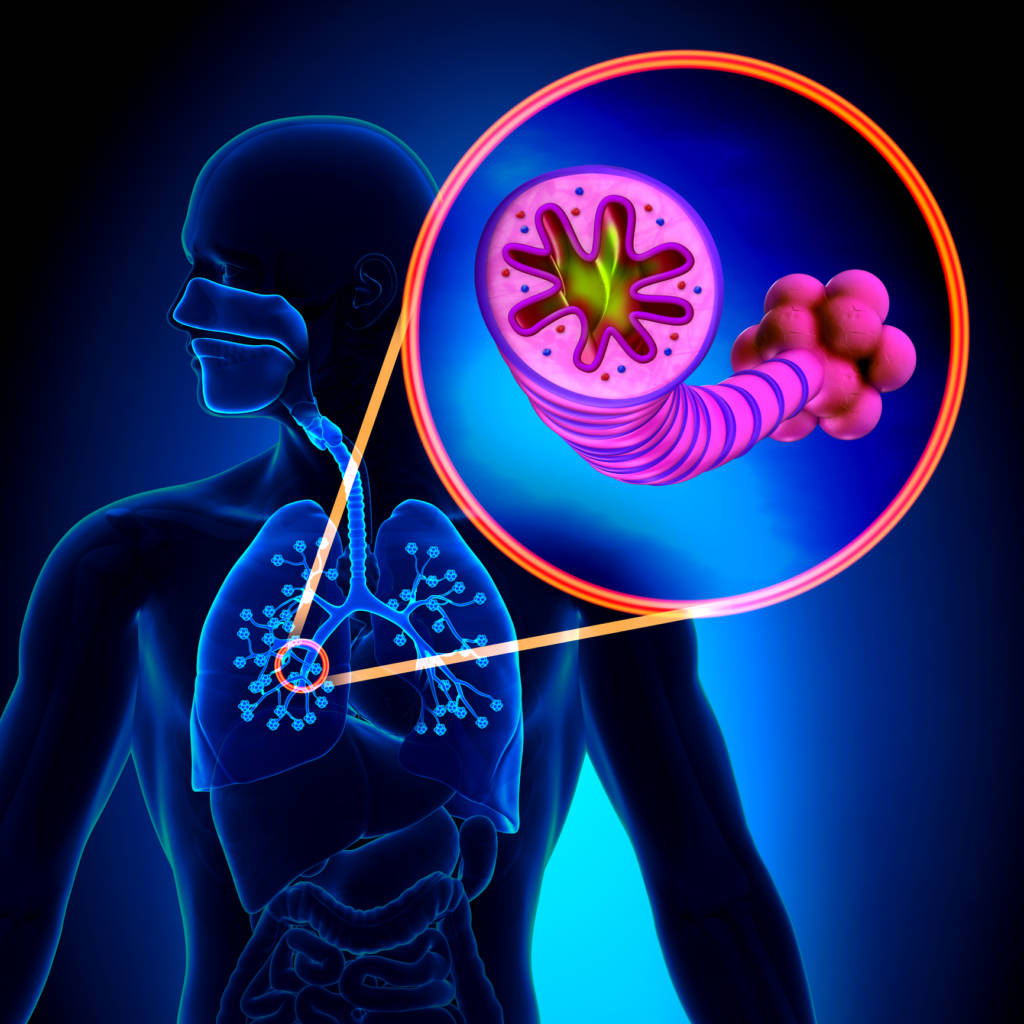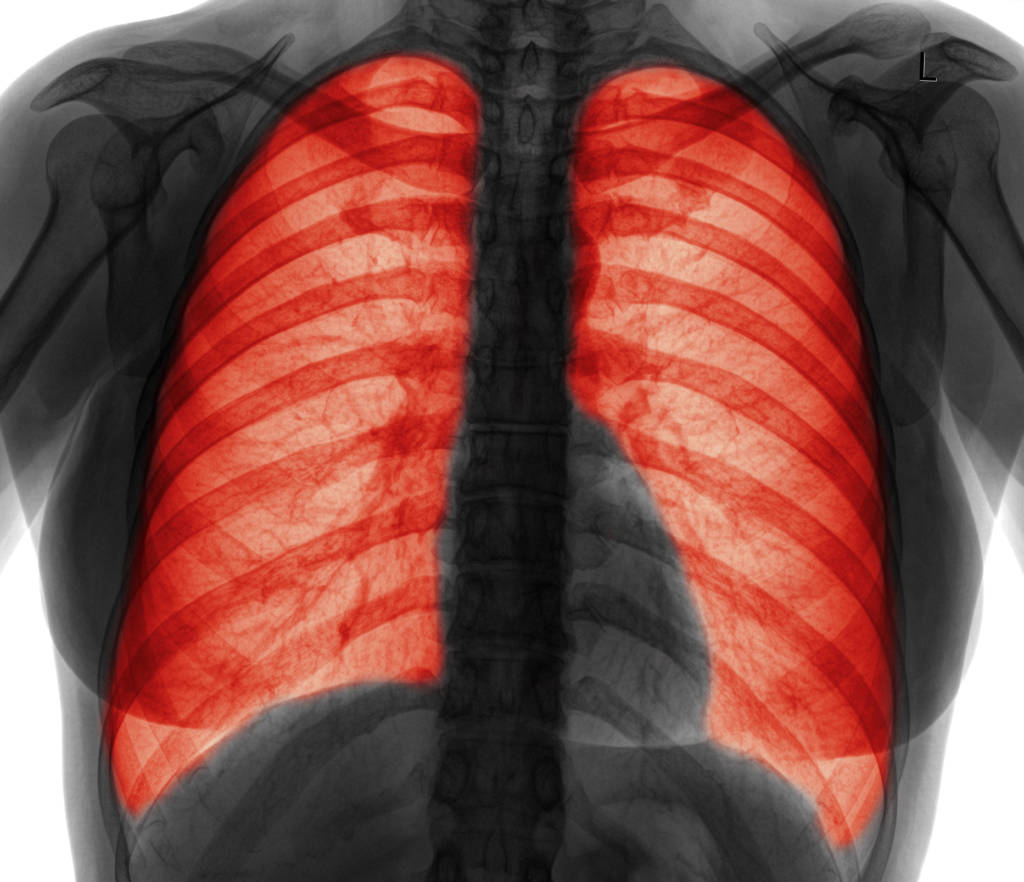
Chronic obstructive lung disease (COPD) is an umbrella term describing two different types of lung diseases.
- COPD affects about 27 million Americans.
- One in five Americans over the age of 45 years old has COPD.
- Ten percent of all COPD patients in the United States are African American.
- About 12 million Americans who have COPD don’t know it.
An individual can develop either or both types of COPD.
The most common type of COPD is called chronic bronchitis, associated with extensive inflammation and scarring of the small tubes of the lungs.
Another less common type of COPD is called emphysema, associated with permanent destruction of the small air exchange units of the lungs called alveoli.
COPD: How Is It Diagnosed?
Years often pass before the diagnosis is ever made. These individuals with COPD have the worse clinical course, especially if they are smokers. Once the diagnosis of COPD has been made, over 50% of patients with COPD never report COPD attacks to a doctor, thereby increasing dramatically the likelihood that they will have yet another COPD flare-up in the near future. COPD attacks are so serious because they commonly result in death of the COPD patient, the latest figures revealing that over 133,000 Americans die from COPD every year in the United States, over 50% of whom are women. COPD is the third leading cause of death in the United States, after cancer and heart disease.

The Shocking Cost Of COPD?
COPD is a very costly disease that is results in 2,000 hospitalizations per day and over 15 million office visits per year in the United States. COPD management costs the United States economy about 50 billion dollars per year, with most of these costs directly related to COPD attacks. Most of these COPD attacks are triggered by either bacterial or viral infections and in some individuals these COPD attacks are also triggered by ongoing cigarette smoking. In fact, cigarette smoking is responsible for about 80% of all cases of COPD in the United States. Other causes of COPD include exposure to environmental toxins such as biomass fuels, the development of recurrent lower respiratory tract infections, such as recurrent pneumonias, poorly controlled severe asthma that may evolve into COPD, and genetic mutations.
How To Prevent COPD
The single most important intervention to decrease disease progression caused by COPD is for…







